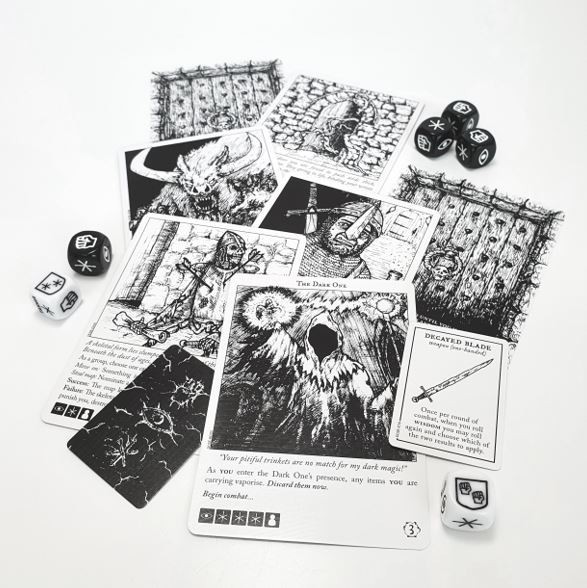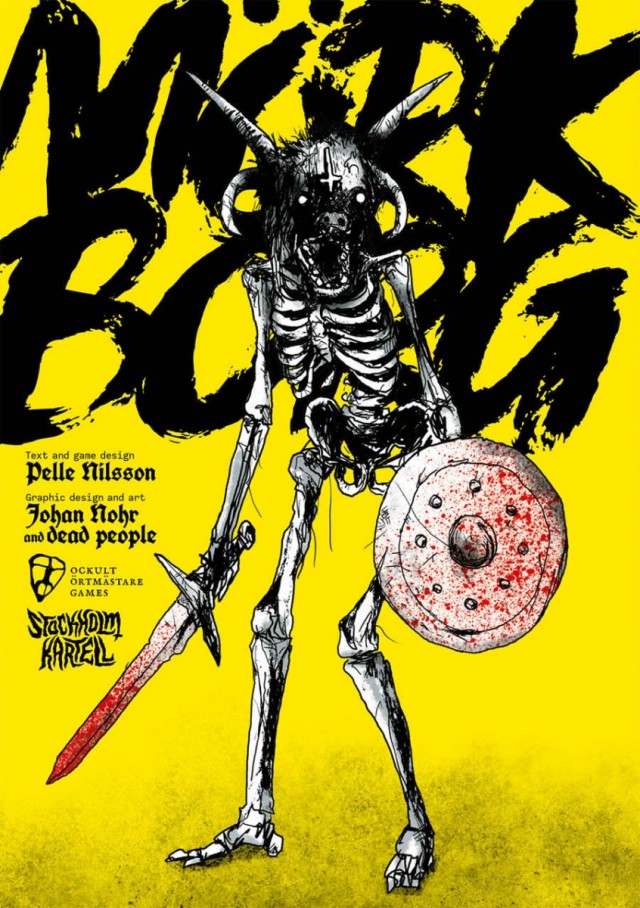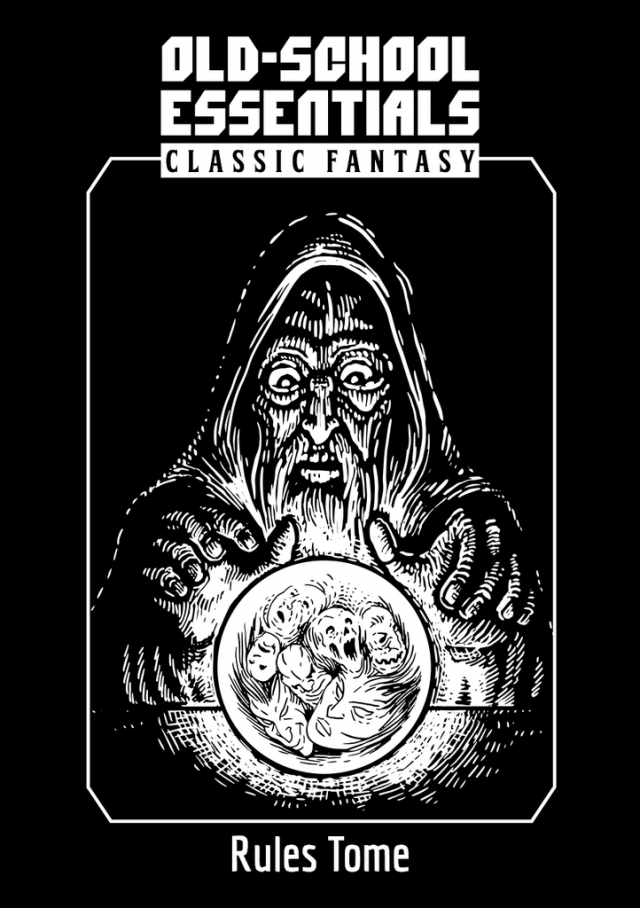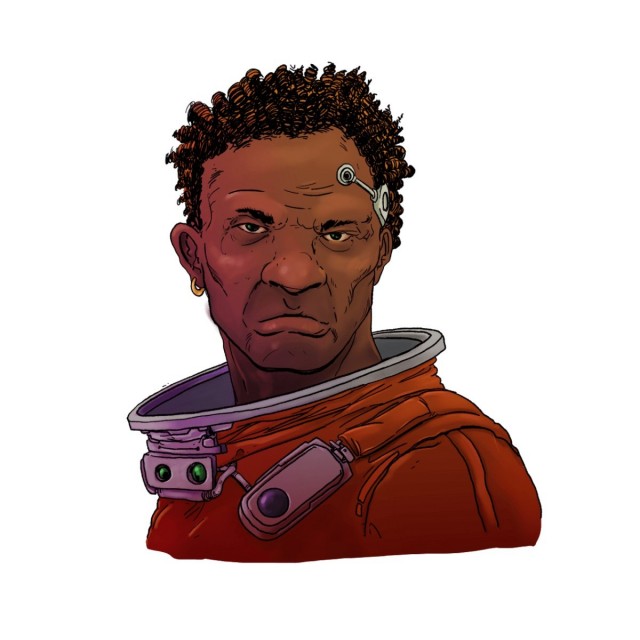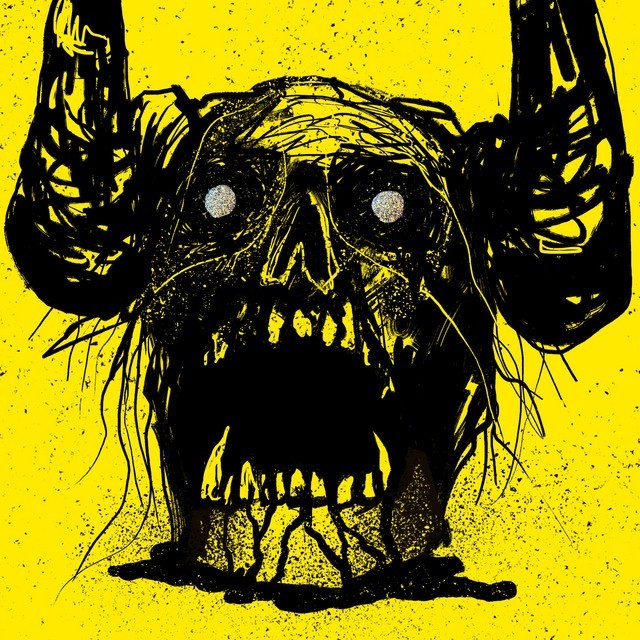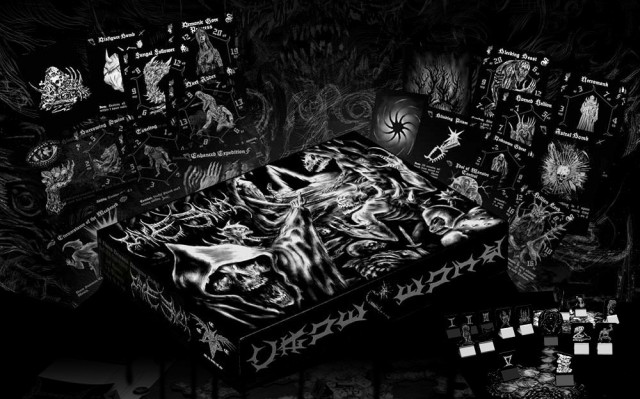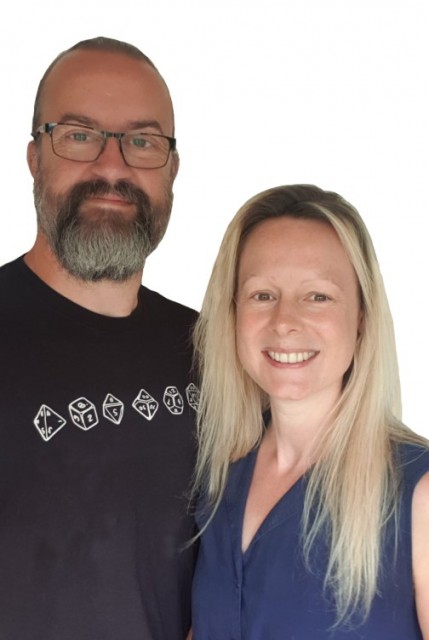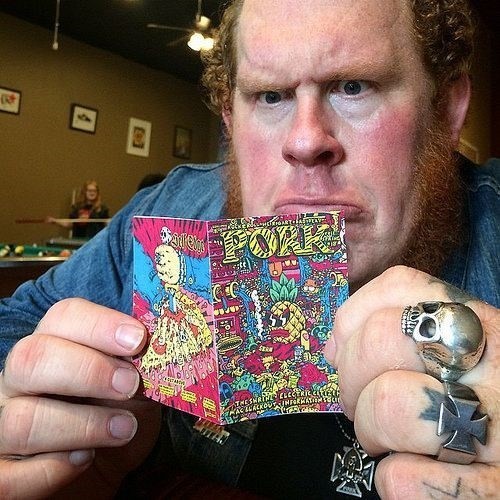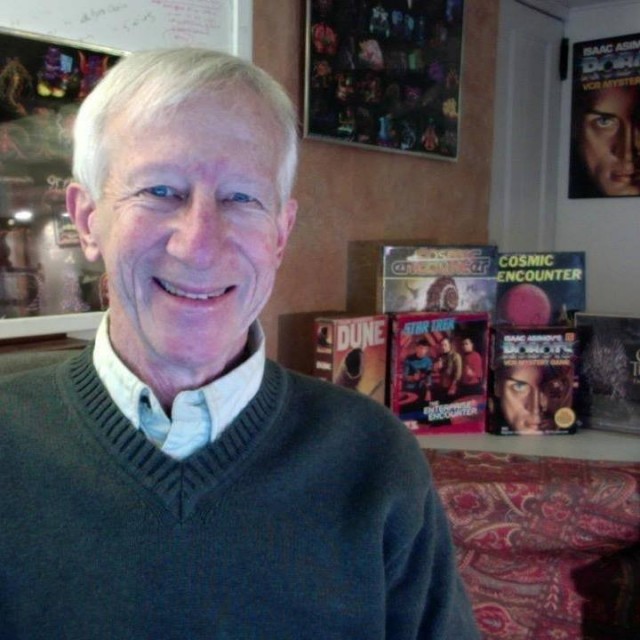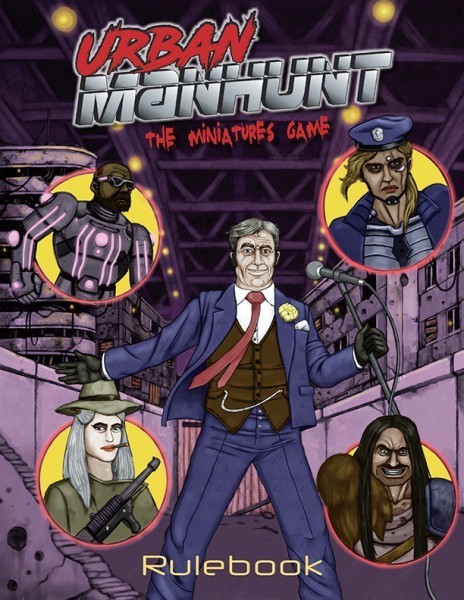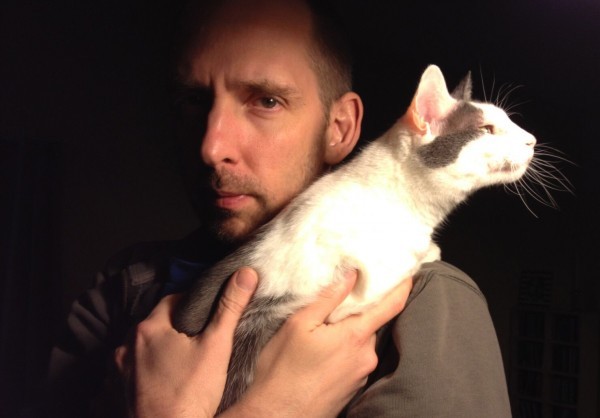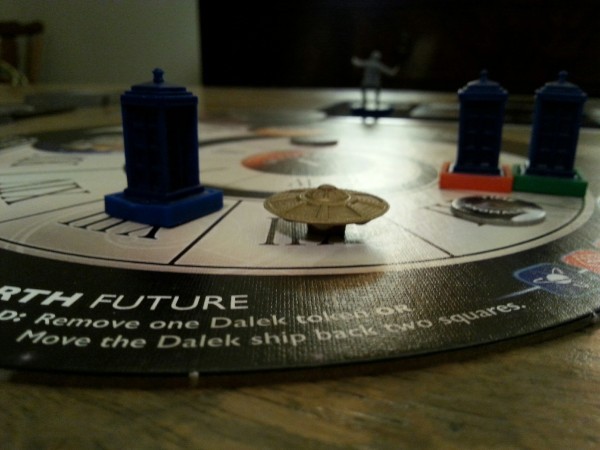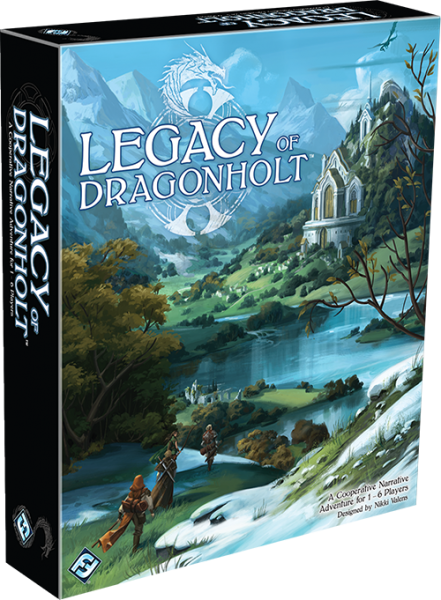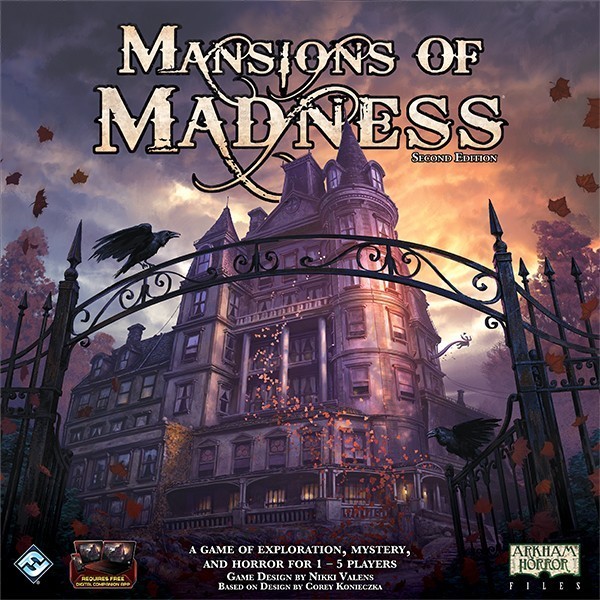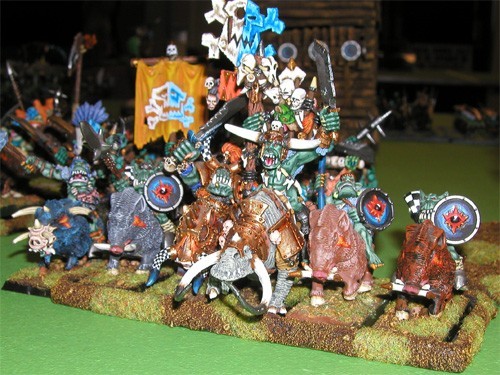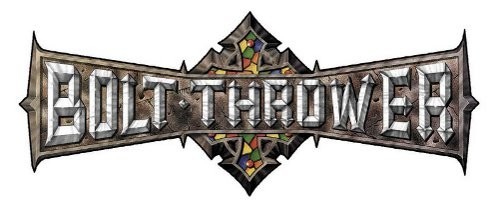AJ Le Brun runs Able Table Gaming, a tabletop review and advice site. With a focus on accessibility, AJ is focused on trying to draw attention to the difficulties folk like AJ experience in gaming establishments, attending conventions, and interacting with the hobby in general.
I wanted to get AJ’s perspective on the rise in online gaming as it pertains to the disabled gamers amongst us, how conventions can do better in the future, and her own experience in the hobby.
What prompted you to setup Able Table Gaming?
I became a wheelchair user in 2018, and I had already been gaming for a few years. When looking into game conventions I found that trying to get access information from some places was like trying to get blood from a stone. I also realised that someone saying their venue was accessible, didn’t necessarily mean it was accessible to me, or people with other disabilities. I have had people tell me that their venue is wheelchair accessible, and then being greeted with things like a single step at the front door, or no accessible toilet.
I could see how fishing around for this information, having to send out tonnes of emails, and then not 100% believing what you were being told, was putting off disabled, D/deaf* and neurodivergent people from going to game events, and I really want to change that.
Can you tell us a little about your own disability and how it has affected you?
I think that I have a funny disabled story, and people look at me strangely when I laugh, but it all started when I was watching Eurovision. I stood up to get another gin and tonic, and my legs just buckled beneath me. I couldn’t hold my own weight for nearly 2 weeks after that, my arms were floppy, I had trouble holding up my head.
I blame it on Eurovision being so cheesy that it maimed me! But really, I had had a busy day of exam prep, and I had been working long hours at work, and my body just said “nope! Can’t do this anymore”. It was then that I was diagnosed with Moderate Myalgic Encephalomyelitis, which had been bubbling under the surface for a while in a milder form.
Later on I was diagnosed with Functional Neurological Disorder, which it turns out I had been dealing with for at least 10 years beforehand, causing numb limbs, chronic pain, weakness, seizures, at various points in my life. But Eurovision night is when it all came to a head.
I’ve been told that this is my lot from now on, as there is a very small chance of complete recovery. So I’ve had to completely change my life. I used to be into cycling, swimming, hiking. Now I use a power wheelchair for walking more than a few meters. I had to give up full time work, and rely on others to help look after me. It was a massive shock, and it made me realise how inaccessible the world is.
Throughout the rest of the answers AJ used the notation D/deaf several times. It was something I had not come across before so I asked her what it meant. The definition is below for your information.
The "uppercase D" Deaf is used to describe people who identify as culturally Deaf and are actively engaged with the Deaf community. Deaf with a capital D indicates a cultural identity for people with hearing loss or absence. People who identify as Deaf are often born deaf and sometimes also have other family members who are deaf. of hearing who share a common culture and have a shared sign language.
The "lowercase d" deaf refers to the medical condition of having hearing loss. People who identify as deaf with a lowercase d often don't have a strong connection to the Deaf community and most likely do not use sign language, preferring to communicate orally.
When you are reviewing a convention for accessibility, what factors do you consider?
I have experience of mental ill health, and I have some training in D/deaf awareness, so I don’t just look at the physical aspects. There are 5 things I look at:
Atmosphere
This is where I look at the volume of people, how noisy and bright the place is, how friendly and welcoming the people are, and the layout of the rooms. For neurodivergent people bright lights, noise, new people, and crowded spaces can be difficult, and not knowing if and when you will encounter them can be anxiety inducing. So I lay out what all of that is like, so they know what to expect, and include information on any quiet areas for down time and avoiding sensory overload.
Assistants and Service Animals
A lot of disabled people rely on Personal Assistants (PAs, sometimes known as carers), or service animals to live full lives. So I give information on if PA tickets are given, and what provisions are available for service animals (You don’t want to take a service dog to a 3 day con and then find out there is nowhere for them to have a wee!)
Physical Access
This one is a no brainer, when you think about disabled access. I tell the reader what physical access and limitations there are at the venue. Things such as ramps, any steps, lift weight limits (power chairs and scooters can exceed those sometimes), gaps between tables, dedicated wheelchair tables, height of the shelves at the bring and buys, what the disabled loos are like. Anything that you would consider to be a barrier to you if you had a physical disability.
Deaf Access
This is something people forget about quite a lot. If information is only given over a tannoy, that’s no good to people who can’t hear it. So I tell people about how any info is given out, if BSL interpreters are provided for talks, workshops and panels, and if the rooms are dingy, I mention that so that people who lipread don’t get caught out not being able to see what others are saying.
Accommodation
Some conventions are held in hotels, so I let people know if there are any accessible rooms available there, or nearby.
Food and Drink
Another often forgotten thing about accessibility is allergies or dietary restrictions due to sensory or physical limitations. I give a brief rundown of what food is there, if it’s hot or cold food on offer, and what the drink situation is like.

I have only been disabled for a couple of years, and I’ve only been in the hobby for a few more, so it’s difficult to say. But I have had event organisers reach out to me for advice, so I feel like it’s coming into the forefront of people’s minds a bit more.
There was amazing news in July, where Changing Places toilets (toilets with adult size changing tables, hoists, and space for carers) are to become compulsory in new builds that are intended for public access from 2021, so I hope it will be brought up in conversations about event planning a lot more often from now on.
In the last few months we have seen a huge rise in online conventions, and playing boardgames online in one capacity or another. Do you consider this a positive move, or may it just be used as an excuse to not make conventions more accessible for people like yourself?
I think it’s great! I know people who are bed or housebound, and people who struggle with crowds, and it’s brought board gaming to them. I hope it continues beyond the pandemic, as I have seen it make such a positive impact on people’s mental health by making them feel included in the community.
I can’t really comment on if people will use them as an excuse, as we are still in the middle of a lockdown, meaning no events are really being planned to happen any time soon. But I certainly hope not, and I’ll be on their backs if they do!
Could you recommend other people that are looking at accessibility in gaming that our readers might want to check out?
My suggestion is always Meeple Like Us.
It’s a site that focuses on the accessibility of board games themselves. Looking at physical access, blind and D/deaf limitations, neurodivergent access, and socioeconomic accessibility as well. If you want to know more about how disability and socioeconomic settings can affect people when playing games, or how accessible a specific game is, go and check out their site. It’s a must-read for game designers, too.
The person who runs it is on hiatus at the moment as they have taken on an exciting new challenge professionally, but their website is still such an amazing source of information.
For things such as gender and race accessibility and inclusion, there is Eric Lang. He is an amazing game designer, and is very vocal about equality issues within the industry. I always find his tweets, articles and interviews very insightful and educational.
We are great admirers of Meeple Like Us and their work on accessibility. Do you think that the industry is doing better with accessibility in games than it was say 5 years ago?
For certain things, yes. Simple changes that make a big impact, such as making games suitable for people with colorblindness, are becoming more mainstream. There has also been a shift in how game designers and publishers consider diversity and representation in their games - I am pretty sure that there are more women and PoC in the games in my collection that are newer, compared to the older ones. Things like the wheelchair meeple in On The Underground might feel small, but it makes people like me feel seen and welcome at the table.
In terms of physical and neurological accessibility, it’s not quite as simple, as barriers are always going to appear for strategy and dexterity games. But with games like Nyctophobia coming out, there is starting to be a wider range of games that suit a wider range of people. Meaning that even if someone can’t play everything, there are hopefully some good games they can play.
I’d love to see a rating system on games, where you can see at a glance what level of dexterity, vision, neurological function etc. the game is recommended for. But the game industry is small, and having something like that would require standardisation across the industry, which would cost more than most companies could afford.
What game or product from a UK publisher are you most looking forward to this year?
Tungaru by Alley Cat Games looks great. They’ve been knocking it out of the park with their recent titles, such as Welcome to Dino World, Dice Hospital, and Chocolate Factory, and with father and son team Louis and Stefan Malz designing it, it’s got a promising team behind it.
 Games
Games How to resolve AdBlock issue?
How to resolve AdBlock issue? 